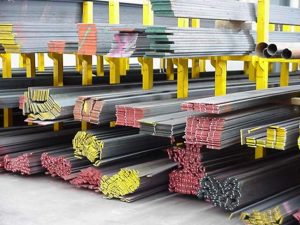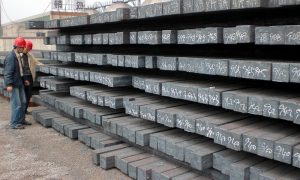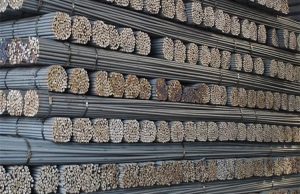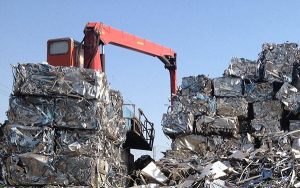According to data from the Turkish Steel Association (TCUD), Turkey’s consumption of rolled steel products increased by 17.1% in 2023 compared to 2022, reaching 38.1 million tons.
Steel exports from Turkey fell by 30.6% year-on-year, reaching 10.5 million tons in 2023, and export revenues fell by 40.7%, reaching $8.3 billion.
Turkey’s steel imports in 2023 increased by 15.5% to reach 17.1 million tons, while the value of imports increased by 6.1% on an annual basis to reach $14.6 billion.
Thus, the ratio of exports to imports decreased to 56.6% in 2023 from 89.6% in 2022.
According to the Turkish Steel Association. Turkish authorities should introduce protection measures against imports of steel products into the country which will help stabilize the steel sector and support production.
The association expects domestic steel demand to grow in 2024, supporting investments and new capacity launched in the second half of 2023.
In addition, according to the association, the crisis in the Red Sea, rising shipping rates and geopolitical risks could negatively affect Turkey’s export markets. Given the EU’s precautionary measures and potential obligations under the CBAM Agreement, efforts to increase its presence in emerging markets, including North Africa, have become important for the local steel industry.
Turkey’s crude steel production decreased by 4% in 2023 compared to 2022, to 33.714 million tons.
The country’s average monthly steel production in 2023 was about 2.81 million tons, down 4.04% year-on-year, and Turkey maintained seventh place in the global rankings of steel producers.
































